Russia’s invasion of Ukraine might have global and domestic economic consequences, heightening uncertainty, rattling commodities markets, and potentially driving up inflation as global gas and food prices rise.
Russia is a big producer of oil and natural gas, and prices for both have risen sharply in recent weeks as a result of the geopolitical crisis. It is also the largest exporter of wheat in the world and a significant food provider to Europe.
Although the United States imports relatively little directly from Russia, a commodities shortage caused by a conflict could have knock-on effects that raise raw material and finished goods prices, at least temporarily, at a time when much of the world, including the United States, is experiencing rapid inflation.
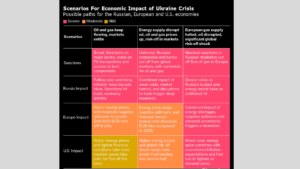
Consumers in the United States may be alarmed by global upheaval, forcing them to cut back on spending and other economic activities. If the downturn worsens, the Federal Reserve, which plans to hike interest rates in March, may find it more difficult to decide how fast and aggressively to raise borrowing prices. Geopolitical threats, central bankers acknowledged in minutes from their most recent meeting, “might trigger increases in global energy prices or worsen global supply shortages,” but they also posed a danger to the growth forecast.
The extent of the potential economic consequences is unknown, but a foreign conflict might further postpone a return to normalcy following two years of economic turmoil caused by the coronavirus outbreak. Consumers in the United States are already dealing with rapidly rising costs, firms are attempting to negotiate tangled supply chains, and people are expressing pessimism about their financial prospects despite solid economic development.
“Economic uncertainty will rise, which will be detrimental to individuals and businesses,” said Maurice Obstfeld, a senior scholar at the Peterson Institute for International Economics. He predicted that the impact will be more noticeable in Europe and less so in the United States.
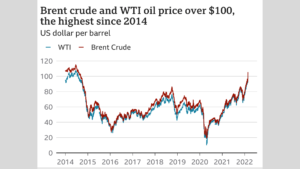
Oil and gas are a big and immediate economic impact of a showdown in Eastern Europe. Russia produces 10 million barrels of oil per day, or about 10% of global demand, and is Europe’s top natural gas provider, which is used to operate power plants and heat homes and businesses.
Although the United States imports very little Russian oil, energy commodity markets are worldwide, meaning that price changes in one region of the world have an impact on how much people pay for energy in other parts of the world.
On Thursday, the price of oil soared over $105 a barrel. According to Alan Detmeister, an economist at UBS who previously led the Fed’s prices and wages section, if oil rises to $120 per barrel by the end of February, up from the $95 mark it hovered around last week, inflation as measured by the Consumer Price Index could climb close to 9% in the coming months, rather than the currently projected peak of a little below 8%.
“It becomes a question of: How long do oil prices, natural gas wholesale prices stay elevated?” he said. “That’s anybody’s guess.”
According to Patrick De Haan, head of petroleum analysis at GasBuddy, the $120-per-barrel level is a plausible estimate of how high oil prices could go. According to him, that translates to about $4 per gallon at the pump on average.
It’s possible that determining how much of the change in energy prices is due to the invasion may be difficult. Oil and gas costs have already been rising this year, according to Omair Sharif of Inflation Insights.
Mr. Sharif added, “I’m not sure when you want to start the clock on Ukraine becoming a significant headline.” Furthermore, how much the conflict means in terms of American inflation “all depends on how much the United States becomes engaged.”
When it comes to the inflationary effects of a Russian conflict, oil may be the most important narrative, but it is far from the only one. Ukraine is a large producer of uranium, titanium, iron ore, steel, and ammonia, as well as a key supplier of agricultural land in Europe.
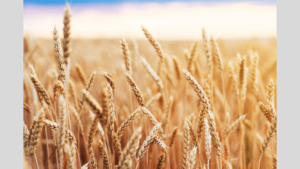
Wheat-laden trucks arrive at the port. Russia and Ukraine account for approximately a third of worldwide wheat exports. A battle in Ukraine, according to Christian Bogmans, an economist at the International Monetary Fund, could further increase global food prices, which were poised to normalise after spiking last year.
According to him, Russia and Ukraine together account for about 30% of global wheat exports, while Ukraine alone accounts for more than 15% of global maize exports. Many of Ukraine’s wheat and corn-growing regions are also close to the Russian border.
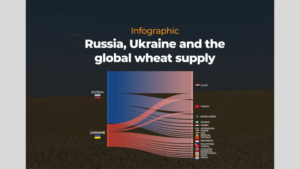
The global price of wheat and other commodities had already been pushed higher by rising gas and fertiliser prices, as well as droughts and bad weather in some areas, such as the Dakotas. Ukraine is also a major producer of barley and vegetable oil, both of which are used in a variety of packaged foods.
“Production might be interrupted, and shipping may be affected as well,” Mr. Bogmans said. If other countries impose sanctions on Russian food items, that could further limit global supplies and inflate prices, he said.
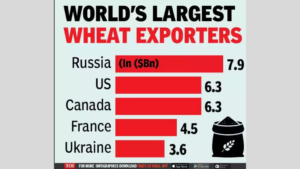
However, given food expenses account for a minor share of inflation, Mr. Detmeister of UBS believes that this may not have a significant impact on overall pricing data. Because of the possibility of currency fluctuations, it’s also difficult to predict how import prices will pan out.
If the battle creates global uncertainty and causes investors to pour money into the dollar, driving up the currency’s value, imports from the United States could become cheaper.
Other trade threats are on the horizon. Unrest at the crossroads of Europe and Asia might jeopardise supply systems already strained by the pandemic.
Also read:
https://world-wire.com/aside-from-conservative-politics-what-is-putins-ultimate-objective-behind-ukranian-inavsion/





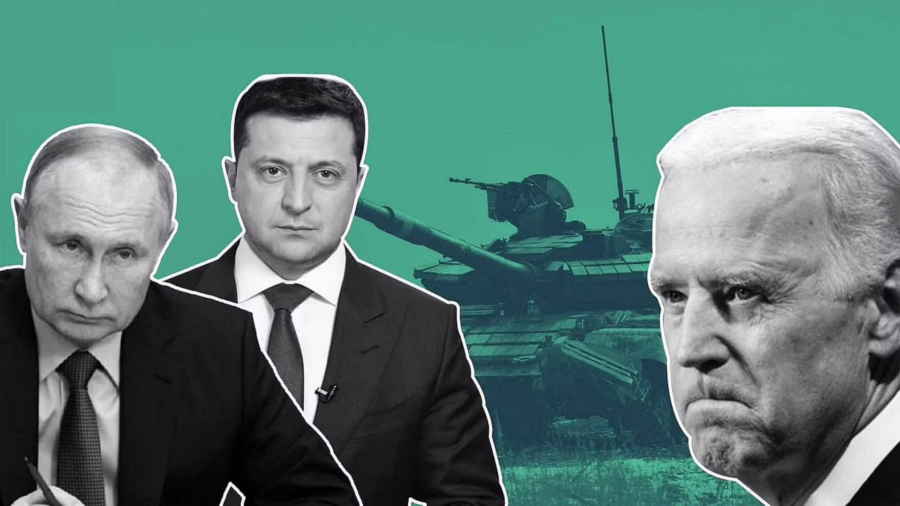

Add Comment